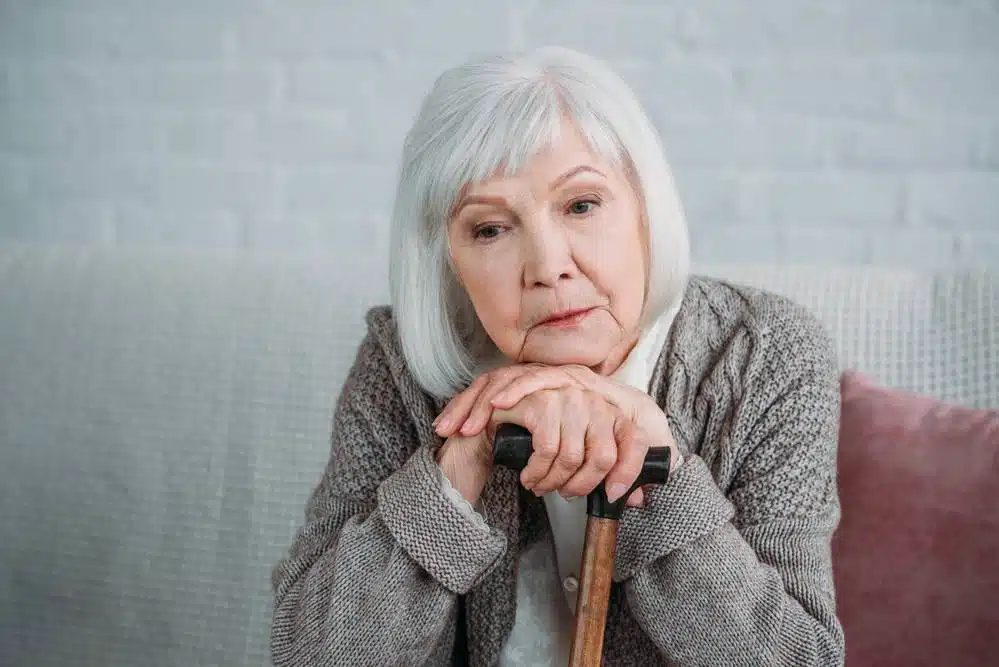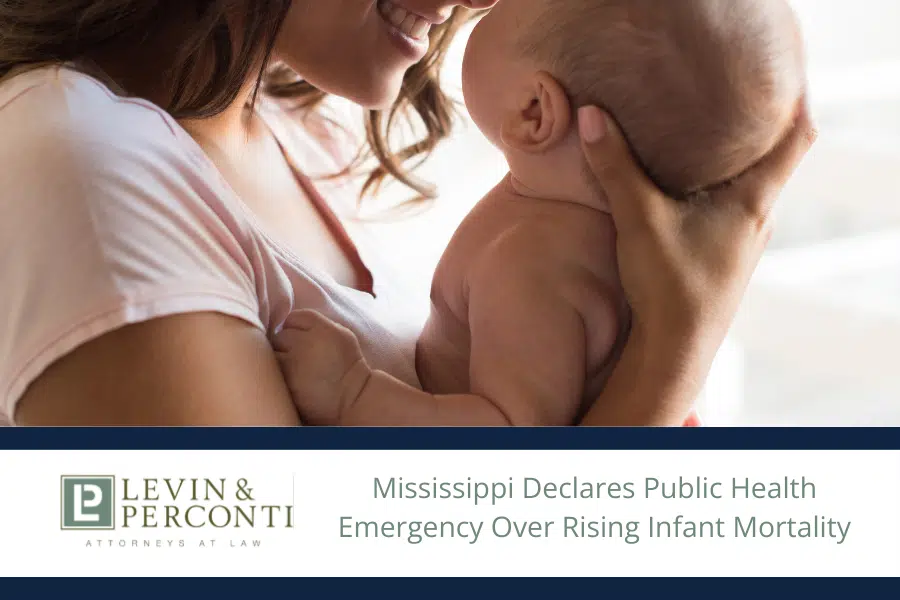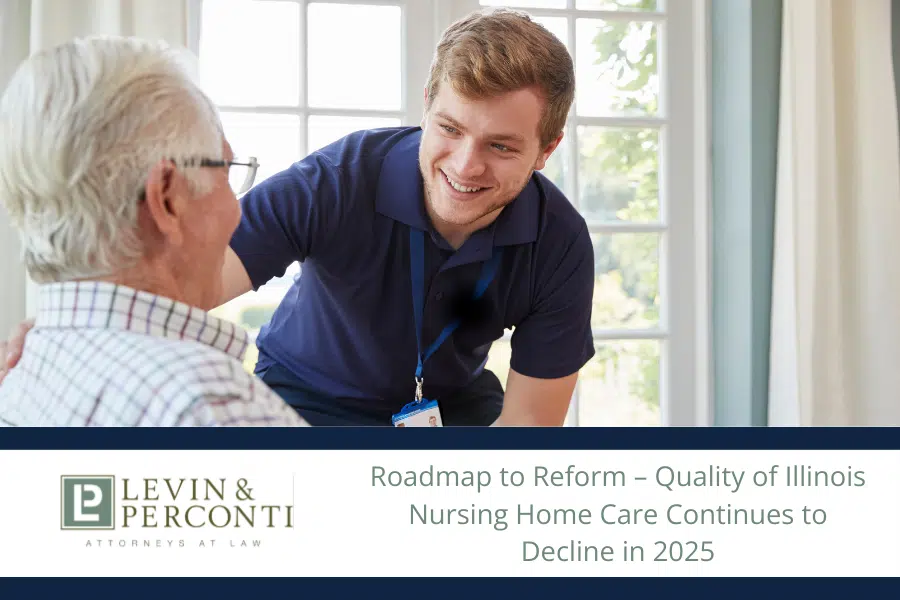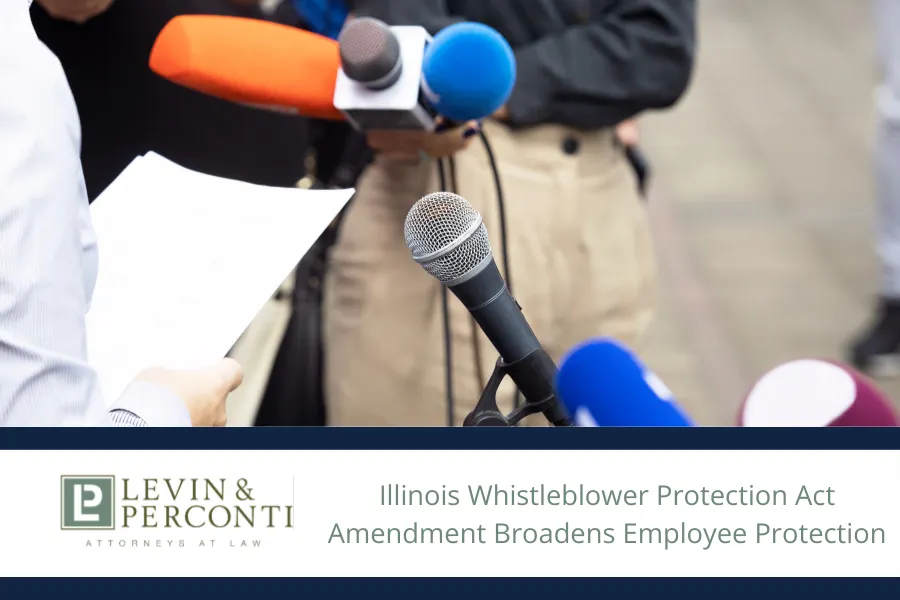April is Sexual Abuse Awareness Month: How to Report Sexual Assault in Nursing Homes
Any touching, fondling, or form of sexual activity when the person cannot understand, is unwilling to consent, threatened, or physically forced is considered sexual abuse. And according to the Administration for Community Living, on average, there are over 1,000 complaints of sexual abuse in nursing homes each year. However, that average does not include sexual abuse by other residents — which means the actual rate of sexual abuse in nursing homes is likely to be even higher. Also, state and federal surveyors who lead inspections count physical, financial, and sexual allegations in one category, so it may be challenging to know the actual abuse risk when investigating a nursing home using public records.
The following people commonly commit sexual abuse in nursing homes:
- Aides, nurses, volunteers, clergy, or other staff members
- Criminals who invade the home
- Fellow residents and nursing home visitors
The number of incidents in which skilled nursing facility employees have been caught sharing inappropriate, abusive, degrading, or embarrassing photos, texts, and videos that may exploit and violate a resident’s privacy and document abuse have sadly become more common as well. Also, for the victims or family members who report the allegations, identifying a perpetrator remains a challenge due to most long-term care residents’ cognitive health.
How Nursing Homes Can Be Responsible for Resident Sexual Abuse
In many resident abuse cases, the nursing home owner and leadership staff’s negligence is to blame. For example, most Illinois nursing homes intentionally understaff their workforce as a cost-saving measure and have fewer nurses and medical staff than they report. This leaves underqualified and stressed nursing assistants and personal aides with the 24-hour tasks responsible for several patients’ dietary, hygiene, medication, and daily living needs. Those sexually exploited and abused residents are too often unnoticed and left to defend themselves from wrongdoers simply because there are not enough workers to watch them properly.
Nursing home owners have a financial risk involved in the level of care they choose to provide as well. Many would rather hide or quickly dismiss any sexual abuse accusations by residents, family, or other staff members. These failures make it especially hard for victims and their families to receive help or justice. Unfortunately, their inaction allows abusers an opportunity to get away, find alternative employment, or continue preying on residents before ever being discovered.
Sexual Abuse in Nursing Homes Is Highest Among Women Residents with Alzheimer’s
The Alzheimer’s Association reports approximately 1 to 2 million cases of elder abuse incidences each year for dementia residents living in community settings. Unwanted romantic or sexual conduct may be considered sexual abuse and is especially concerning for older women with Alzheimer’s or dementia, who are more likely to be sexually abused. Most long-term care ombudspersons agree that accurate rates are likely to be much higher because the abuse, neglect, and even bullying go unnoticed until it is too late.
- The Centers for Disease Control and Prevention (CDC) found that 1 in 5 women have been raped or suffered an attempted rape, compared to 1 out of 38 men.
- These problems continue in long-term care settings when cognitive challenges prevent elderly women from giving consent or defending themselves from an assault.
Identifying sexual abuse can be especially hard for people with dementia. Some people living with this incurable disease cannot communicate and can also become delusional in moments of confusion or angst, making it difficult for family or friends to believe such claims against care staff or other residents. If your loved one has expressed behavioral or physical changes leading you to feelings of concern, act quickly to question their care team and demand answers from administrative staff.
Signs of Sexual Abuse in Nursing Home Residents
To prevent further abuse and assaults, the nursing home abuse and neglect attorneys at Levin & Perconti would like to share the signs and symptoms of sexual abuse in the elderly residents. The information below is courtesy of The National Consumer Voice for Quality Long-Term Care. Concerned family members can look for signs of sexual abuse, including both physical and social warnings.
Physical indicators of sexual abuse include:
- Bruises around the inner thighs, the genital area, or breasts
- Unexplained genital infections or venereal disease
- Unexplained vaginal or anal bleeding, pain or irritation
- New difficulty sitting or walking
- Torn, stained, or bloodied underclothing
- An elder’s report of being sexually assaulted or raped
Social indicators of sexual abuse include:
- Extreme agitation
- Withdrawal from social interactions
- Panic attacks or emerging post-traumatic stress disorder (PTSD) symptoms
- Suicide attempts
- Unusual behavior between the victim and the elder sexual abuse suspect
Those suffering from sexual abuse may exhibit anxiety or excessive fear around the person providing or tending to their care. They may be more likely to engage in aggressive and unusual behaviors as well.
Some nursing home administrators are slow on finding the facts behind sexual abuse claims, leaving the chance for abuse to be ongoing. A CNN report found that over 500 long-term care centers with a documented history of resident sexual abuse were also cited for failing to investigate and report allegations or for not screening employees for past sex crimes.
How to Report Sexual Assault or Sexual Abuse in an Illinois Nursing Home
Families must regularly check in with loved ones who live in nursing homes and know what to do when concerns are raised. Unfortunately, too many sexual abuse events will go undocumented and remain unknown, leaving many family members shocked and helpless when an event is uncovered.
If your loved one and you find yourself in this situation, know that several resources and agencies in Illinois will accept a report of suspected abuse, neglect, or exploitation of persons living in a long-term care facility.
- Emergency Services: If you feel that the person is in immediate danger and requires immediate support from authorities, please call 9-1-1.
- Senior HelpLine and the Regional Ombudsman: Located in the region or county of the long-term care facility, Ombudsmen are excellent resident advocates and can explain reporting abuse options, residents’ rights, and ensure the protocol for responding to complaints is being followed.
- Illinois Department of Public Health: The Central Complaint Registry (Nursing Home Hotline) in Illinois is 1-800-252-4343 and 1-800-547-0466 (TTY). Due to the high volume of calls, it is highly recommended that you also submit complaints electronically at http://www.dph.illinois.gov/topics-services/health-care-regulation/complaints
- Healthcare and Family Services for Supportive Living Facility Complaints: Call the complaint hotline at 1-800-226-0768, Monday – Friday 8:00 a.m. – 5:00 p.m.
- Illinois State Police Medicaid Fraud Control Unit: The Illinois State Police Medicaid Fraud Control Unit also investigates long-term care facility complaints in cases where physical abuse or neglect has occurred. This includes, but is not limited to, battery, sexual assault, and failure to deliver services or medications. To report your concerns, call 1-888-557-9503.
- Elder abuse attorneys at Levin & Perconti: The lawyers at Levin & Perconti are committed to protecting and vindicating the rights of people who are injured by others’ negligence, including those who have been sexually abused. Call us in Chicago at (312) 332-2872 or toll-free by dialing 1-877-374-1417. Whether you are a resident, family member, or care worker, you can also email our team at questions@levinperconti.com.
Nobody ever deserves to suffer from nursing home abuse, whether it be sexual, physical, or emotional. Knowing where to go and who to talk to when you need answers will help your situation.
Speak Up for Residents Who Have Been Wronged
Never leave your concerns or allegations solely with a facility leader. Although many nursing homes take abuse allegations seriously, there are far too many that are too quick to dismiss or excuse them. If you suspect elder abuse of any kind, a nursing home sexual abuse lawyer can help determine if you have a case, notify the proper authorities, and vigorously pursue justice on behalf of your family.
These cases are sensitive. There is a time limit to file in Illinois, so please contact a Chicago nursing home abuse and neglect lawyer at Levin & Perconti as soon as possible for a free consultation with one of our experienced attorneys. Also, suppose you are an employee of a nursing home and witness to resident mistreatment. In that case, you are protected against any form of retaliation and are encouraged to report what you know immediately.
Investigating Sexual Assault Allegations Requires Experienced Legal Help
Levin & Perconti is a nationally recognized law firm concentrating in all types of nursing home abuse and neglect, personal injury, medical malpractice, and wrongful death litigation. And our firm is home to the most widely-known and respected nursing home abuse and neglect attorneys and legal support teams in Illinois, achieving multiple million-dollar verdicts and settlements each year.
Please reach out to Levin & Perconti, a Chicago-based personal injury law firm to provide you with a free and confidential legal consultation at (312) 332-2872 or toll-free by dialing 1-877-374-1417.



